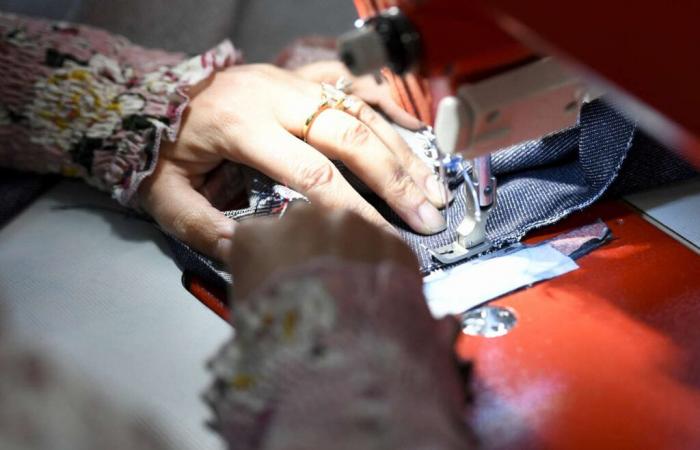With the inflationary crisis barely fading, new reasons for concern are emerging for the bosses of very small businesses and SMEs. The weakening of demand is now their main concern, according to the quarterly survey conducted among a thousand companies by Bpifrance and Rexecode, published on Monday, September 16. The political uncertainties, which have persisted for almost three months now, are leading business leaders to be very cautious in their decisions: one in two managers has cancelled or postponed investment or hiring projects, according to this survey. And only a small half (46%) say they have invested or plan to do so by the end of the year: that is eleven points less than a year ago.
At the same time, treasuries, without really dropping, are strained. The difficulties come in particular from the lengthening of payment periods. In the space of a year, they have increased to 12.9 days, almost a day more than a year ago, according to data published on Wednesday, September 18, by the Altares firm. This period is slightly reduced in the private sector (12.5 days) but exceeds 13 days in the public sector, with the worst payers being among hospitals and decentralized State services.
In total, less than one in two companies in France pays its suppliers on time. These delays, comments Thierry Millon, director of Altares studies, “deprive suppliers and subcontractors of the cash they need to invest, and sometimes just to keep going “, as evidenced by the increase in bankruptcies.
“A certain wait-and-see attitude”
“The negative outlook for customer payment behaviour comes against a backdrop of relatively pessimistic economic expectations”analyses the credit insurer Coface, which also published its own survey on payment behaviour in France on Wednesday. “Whatever their size, the companies surveyed largely expect a deterioration or, at best, a maintenance of activity in France and around the world. »
In its macroeconomic projections published on Tuesday, September 17, the Banque de France, in fact, hardly sees any surge in activity coming. “The French economy is holding up with growth of just over 1%, but we are not yet seeing a clear recovery, summarizes the governor François Villeroy de Galhau, in an interview with the newspaper The Parisian. There is a certain wait-and-see attitude among both households and businesses due to the uncertainty surrounding the political and international context.”
You have 24.64% of this article left to read. The rest is reserved for subscribers.







